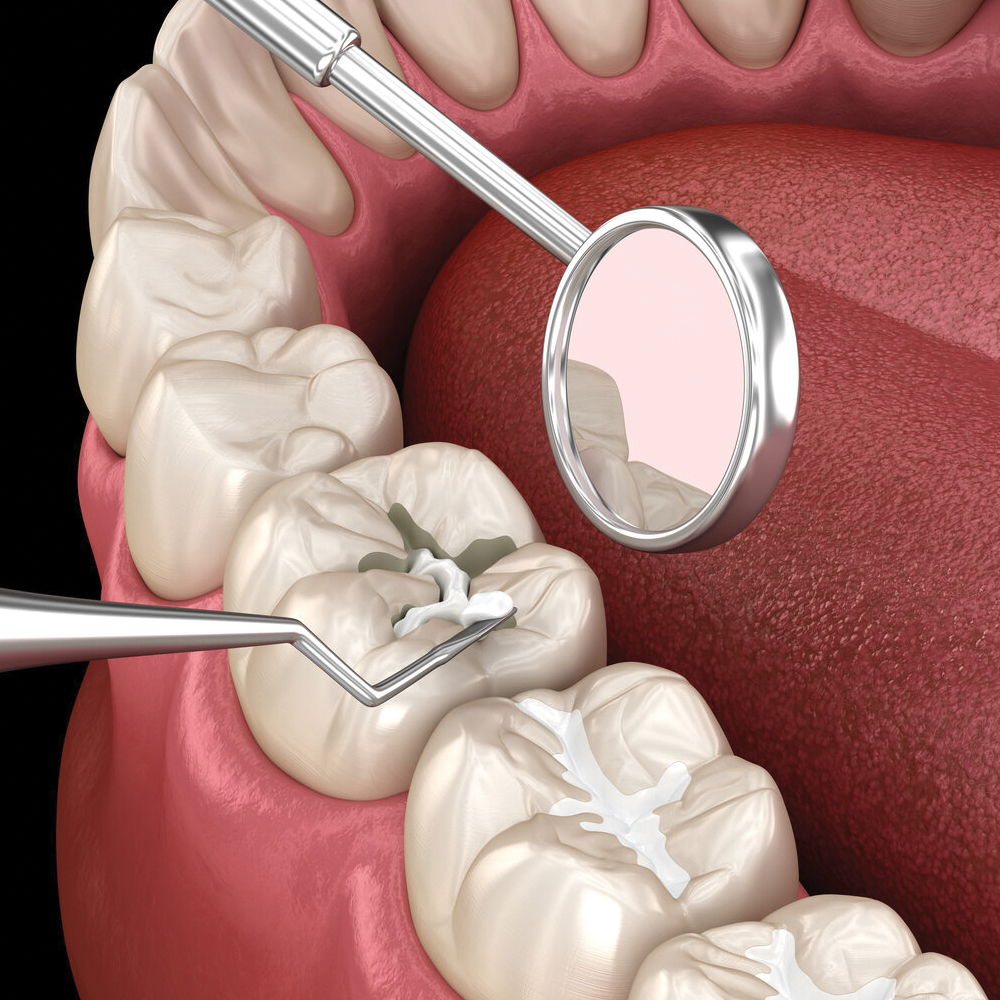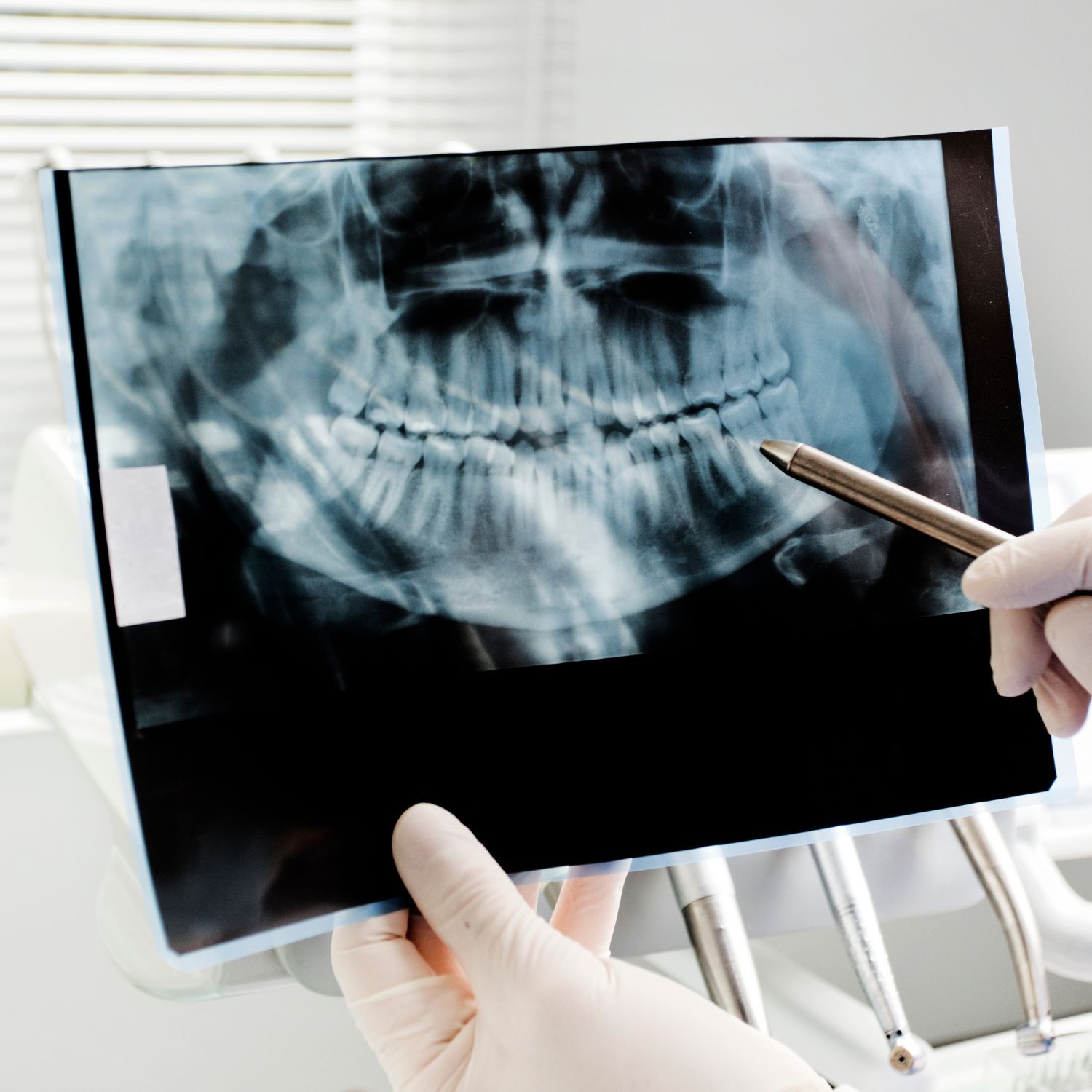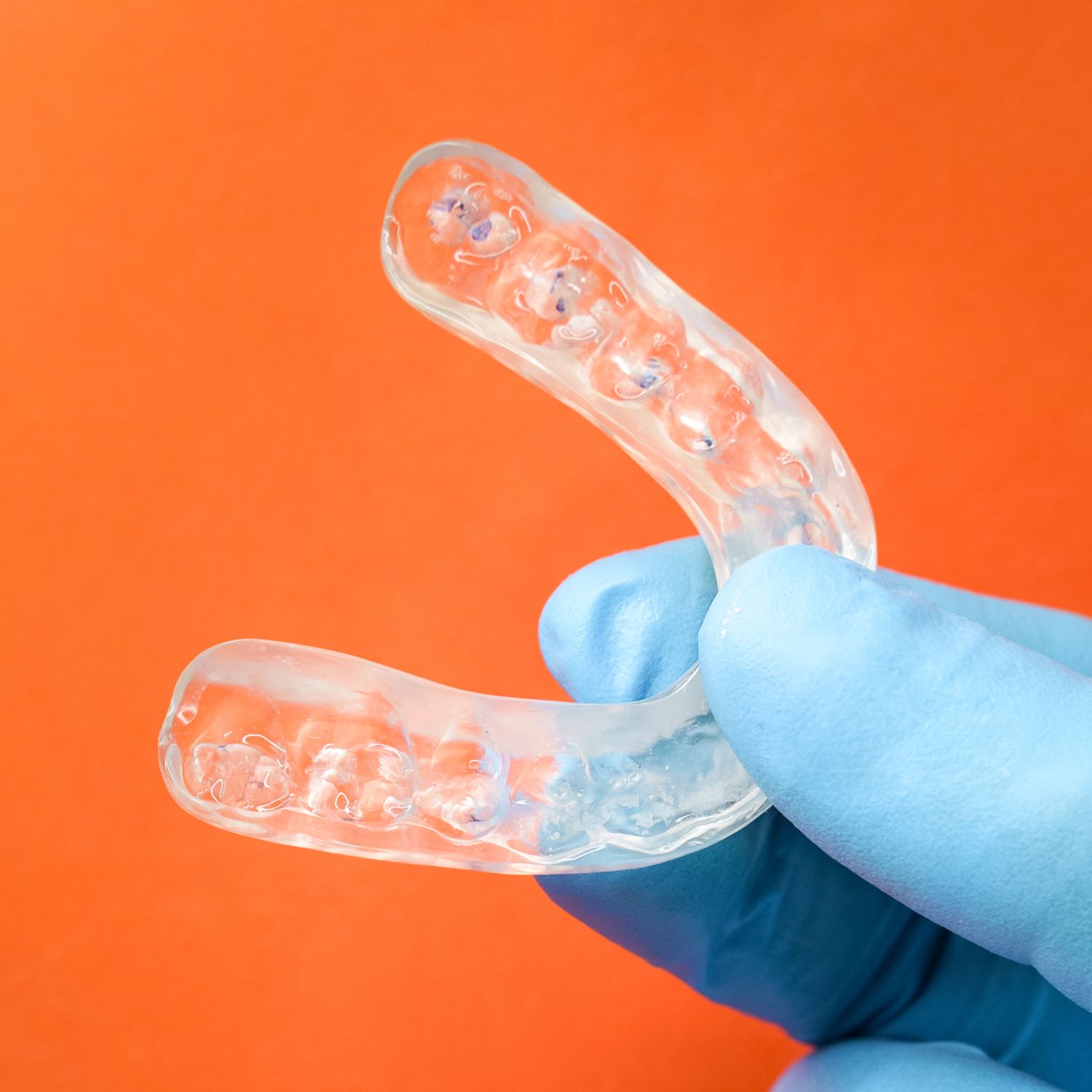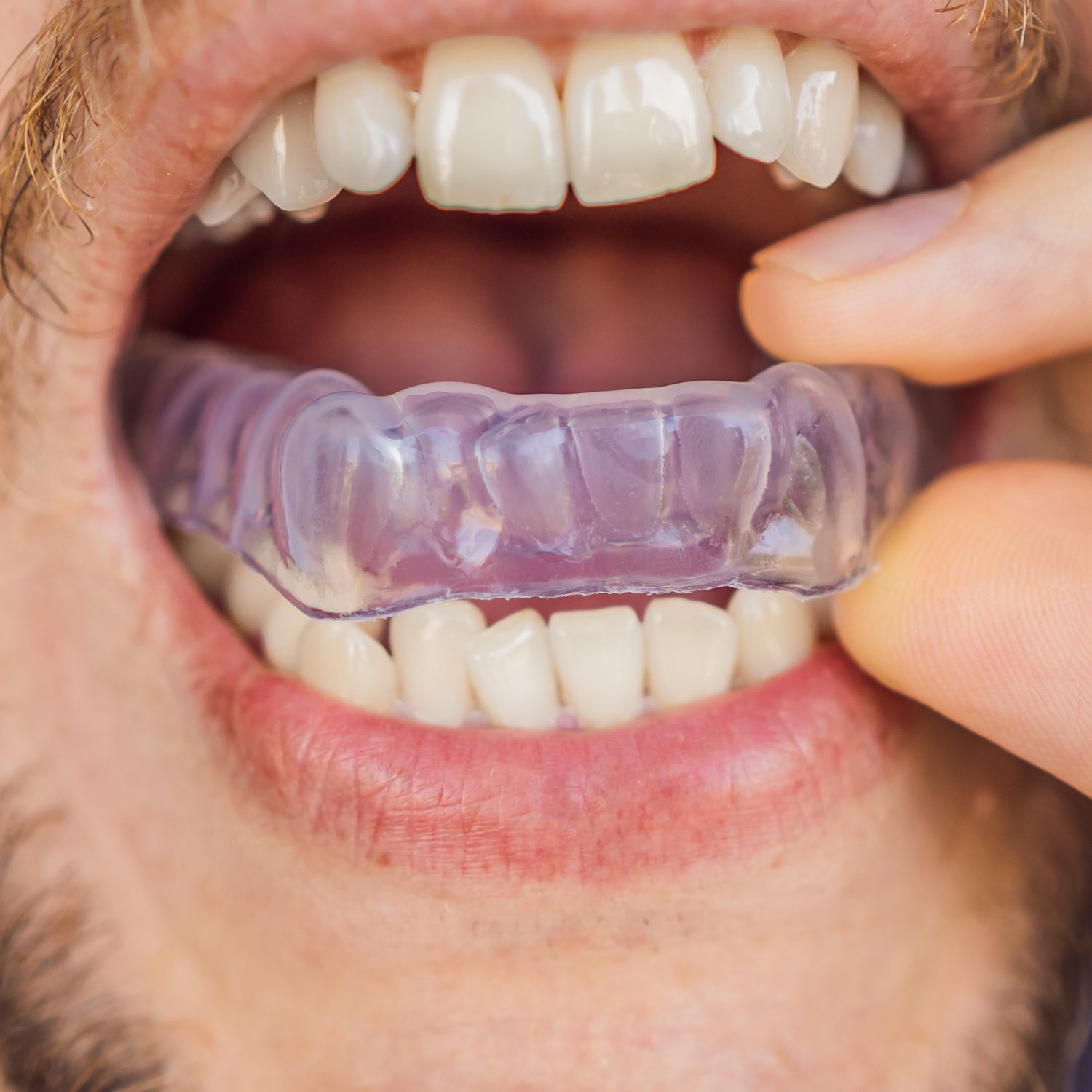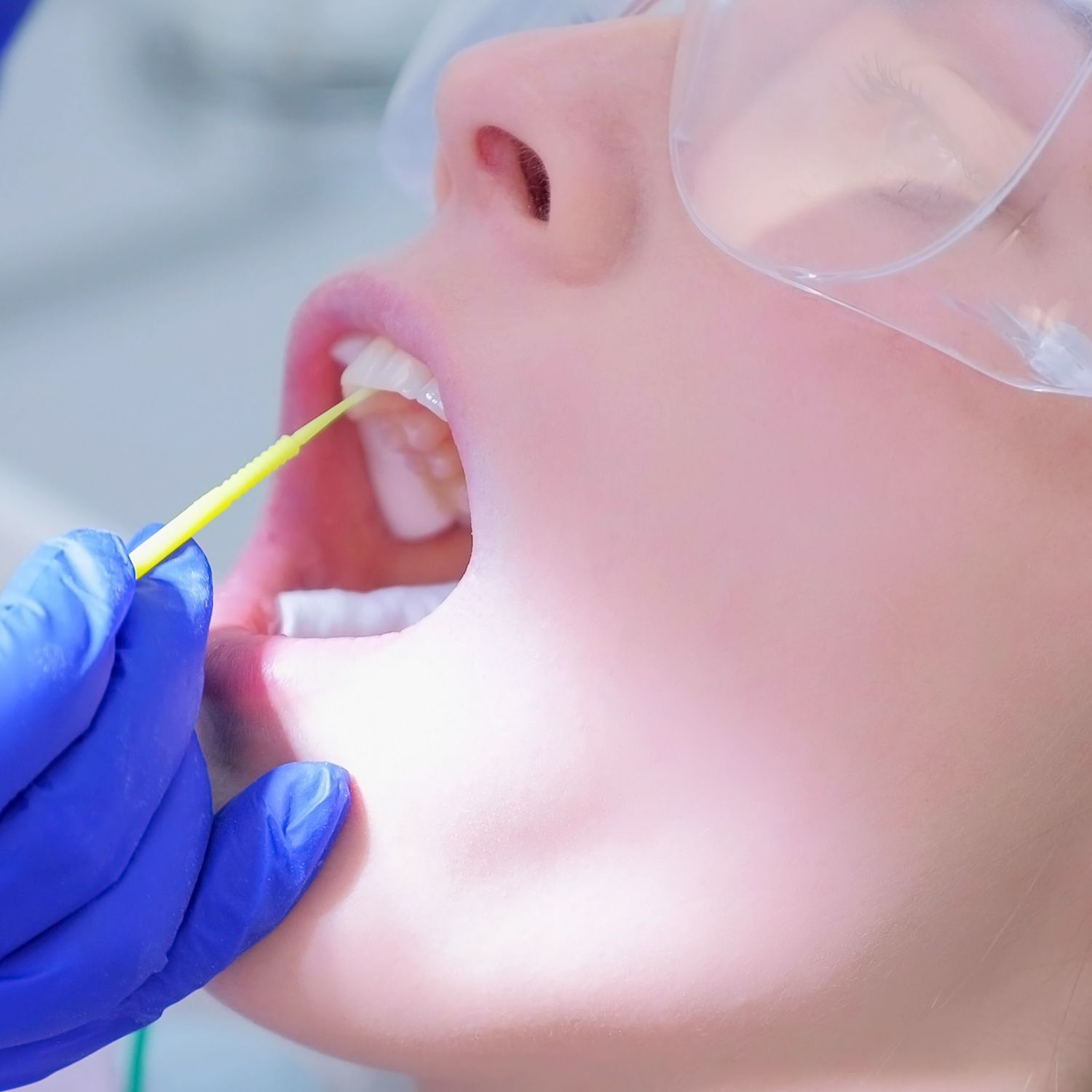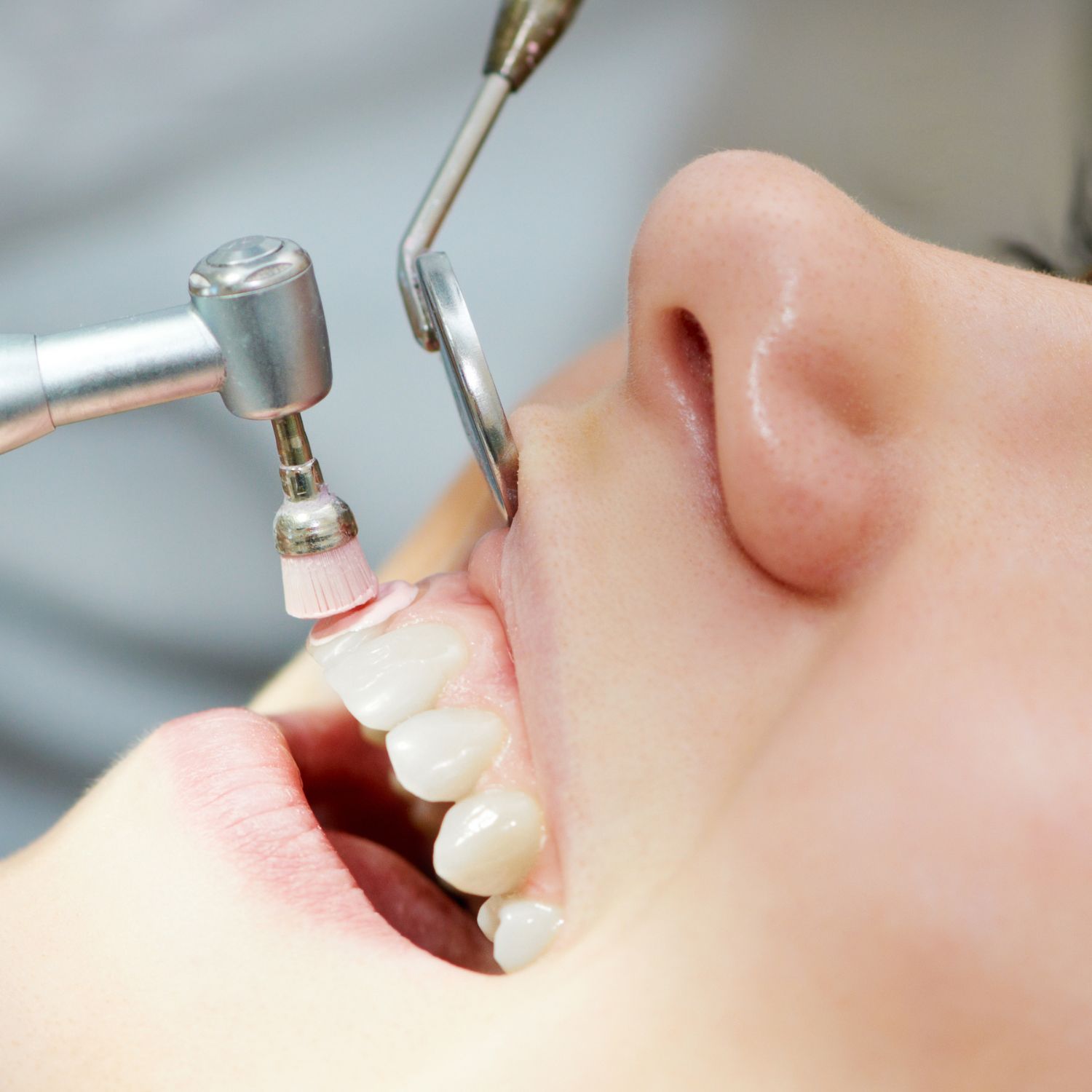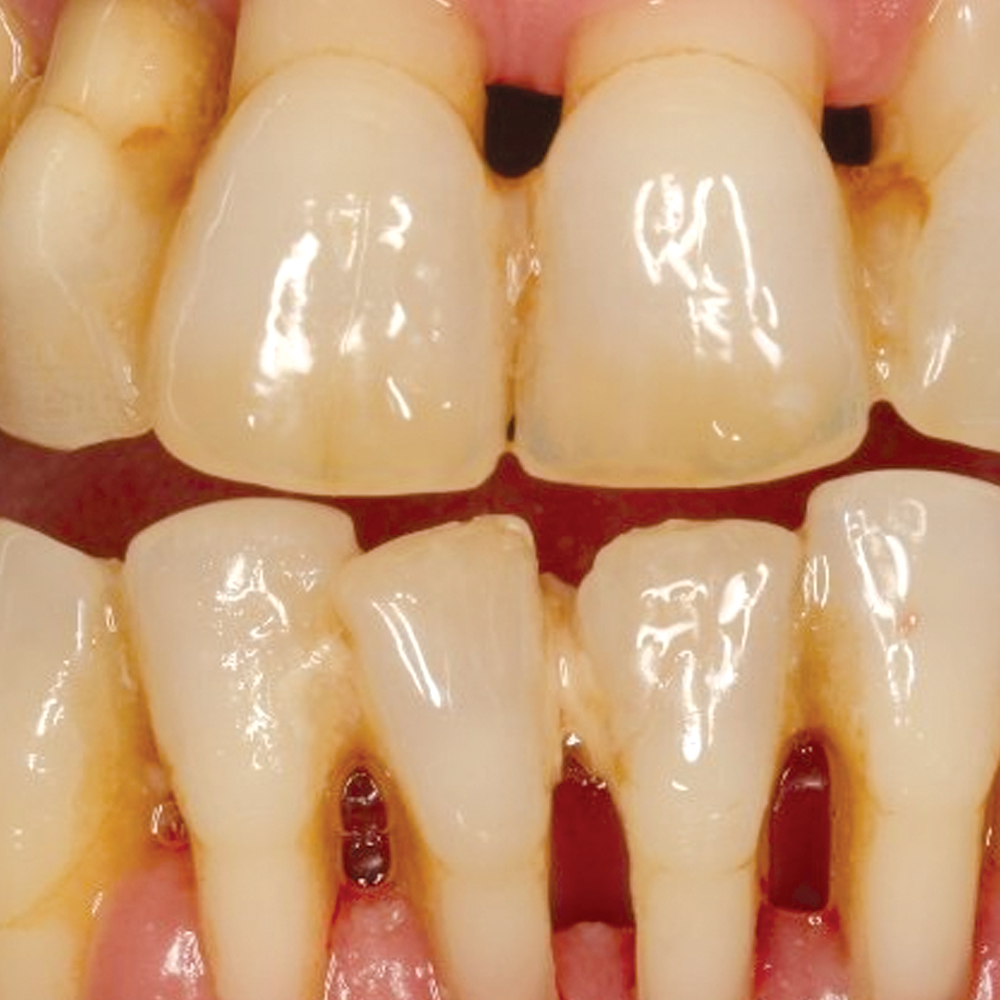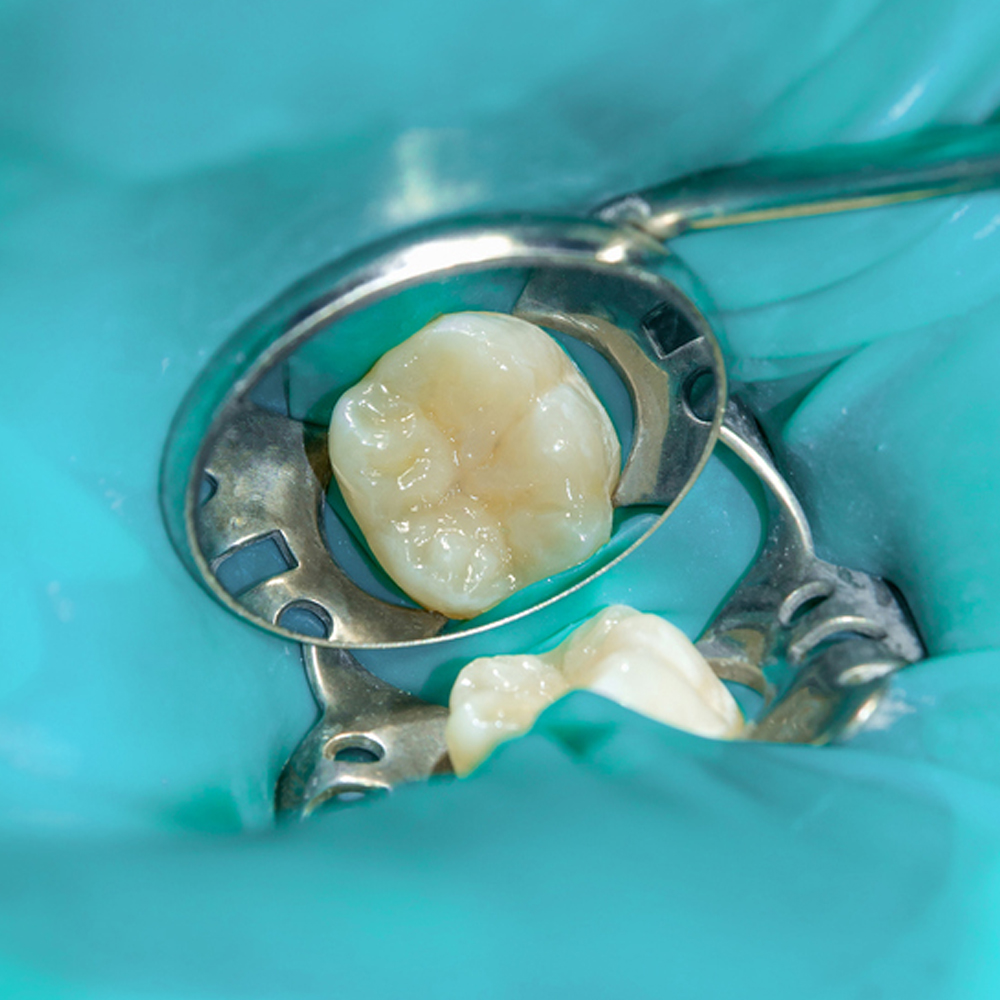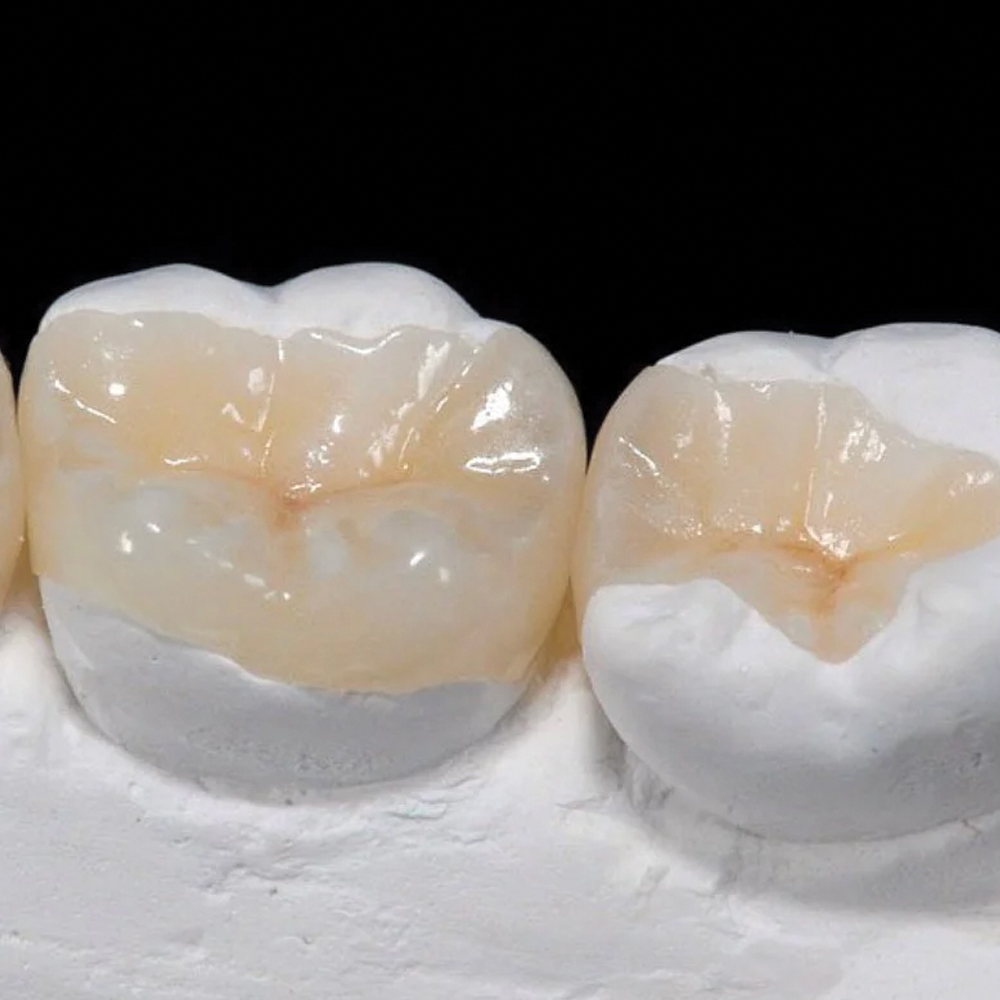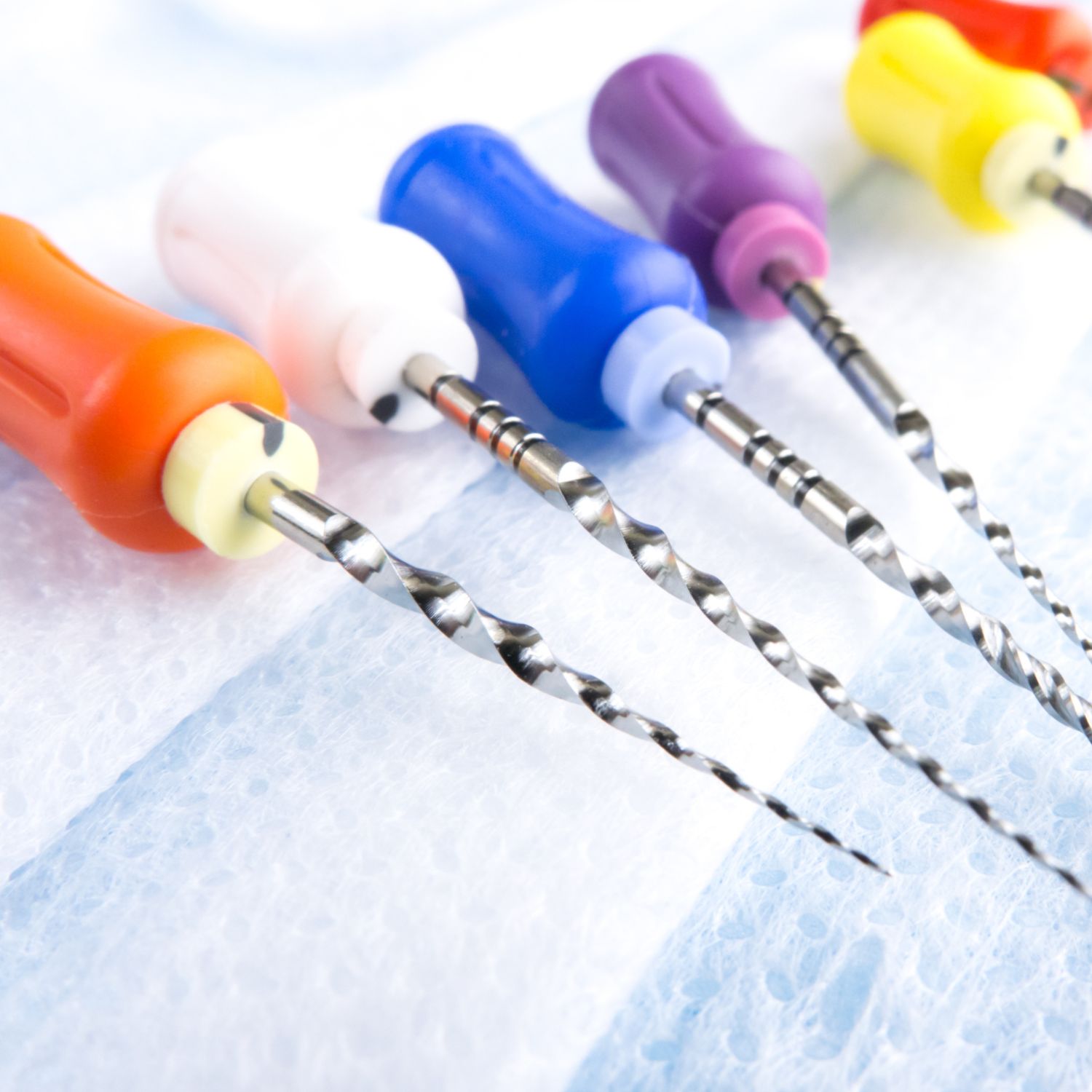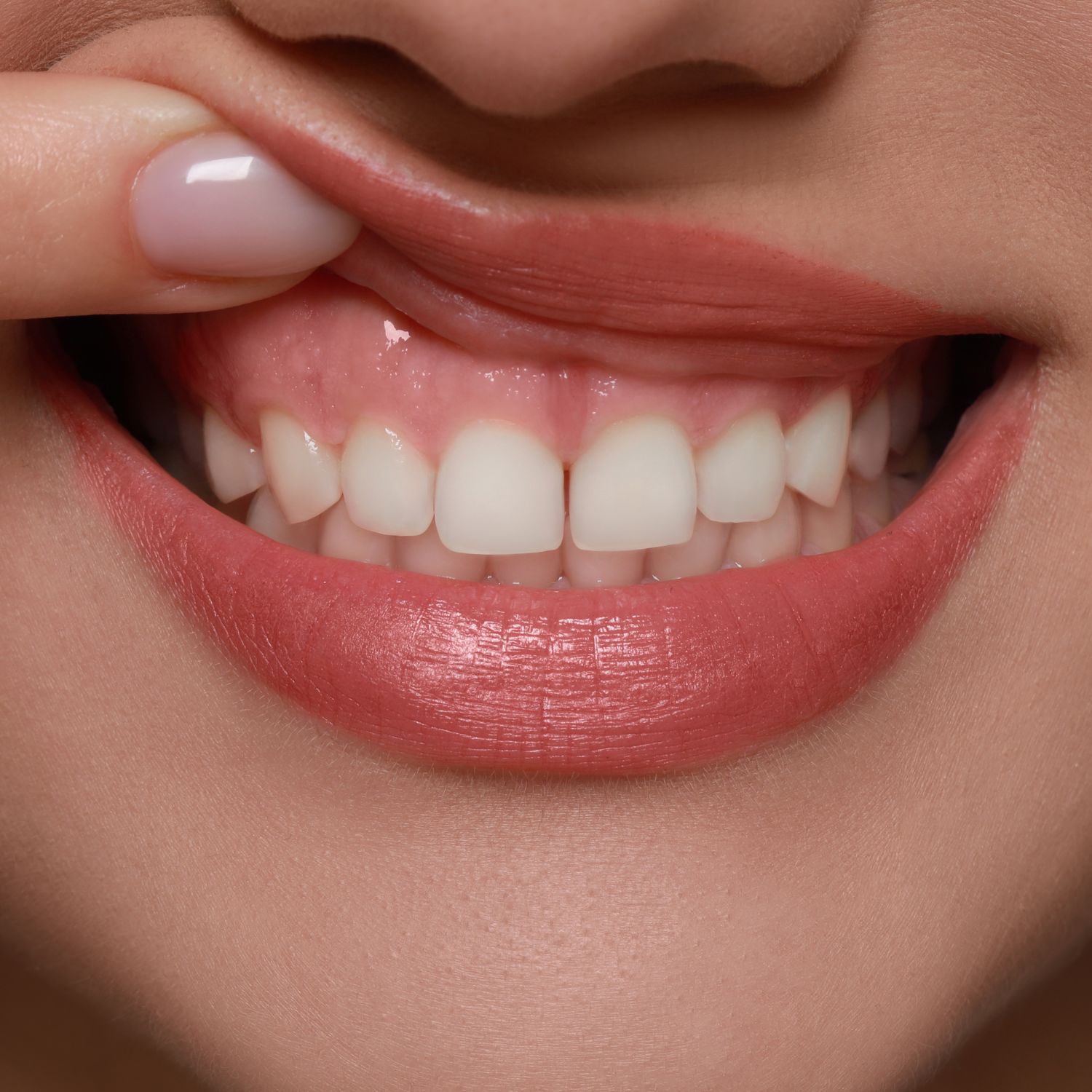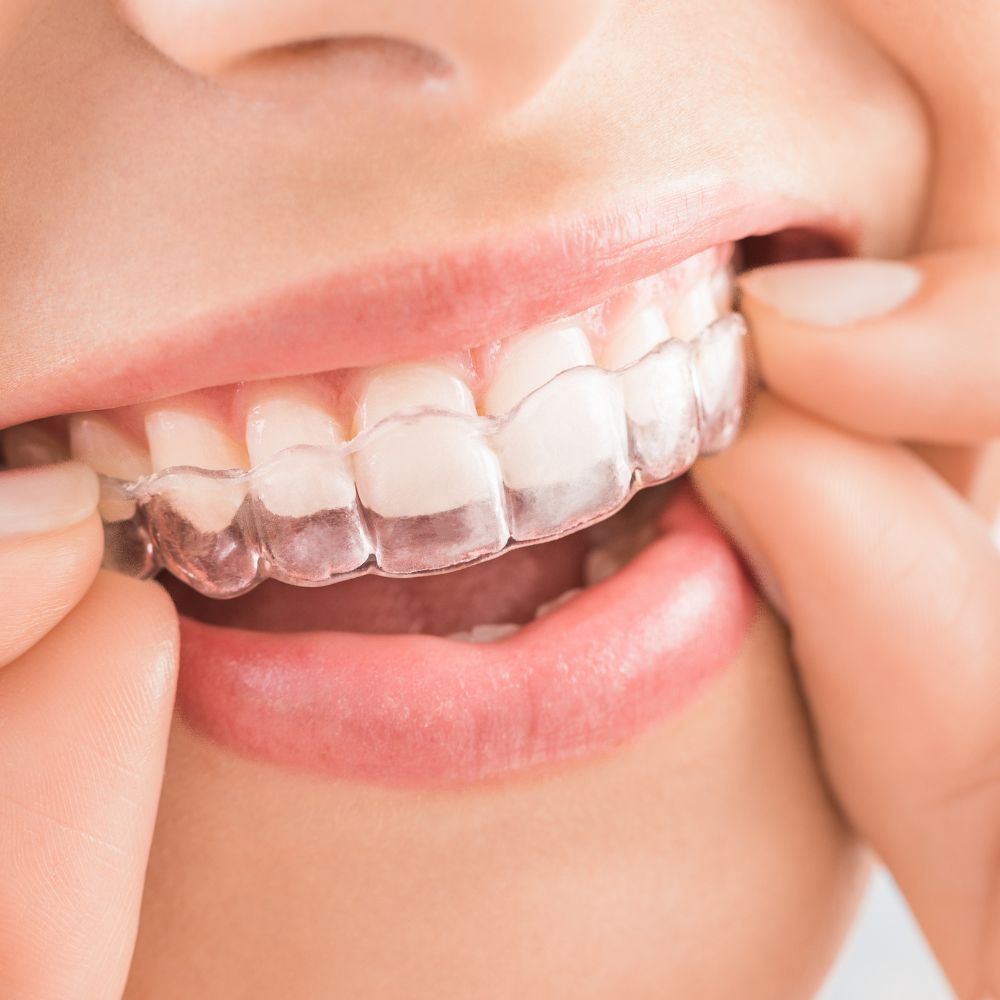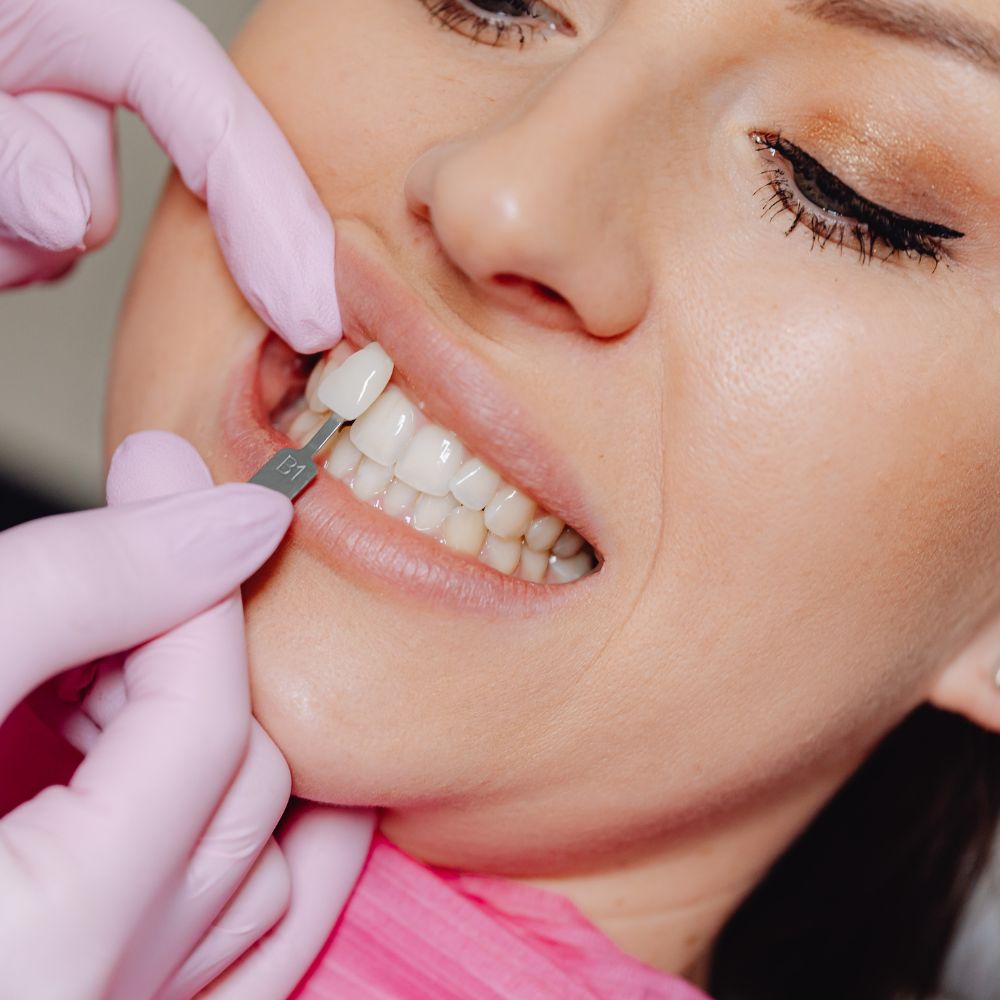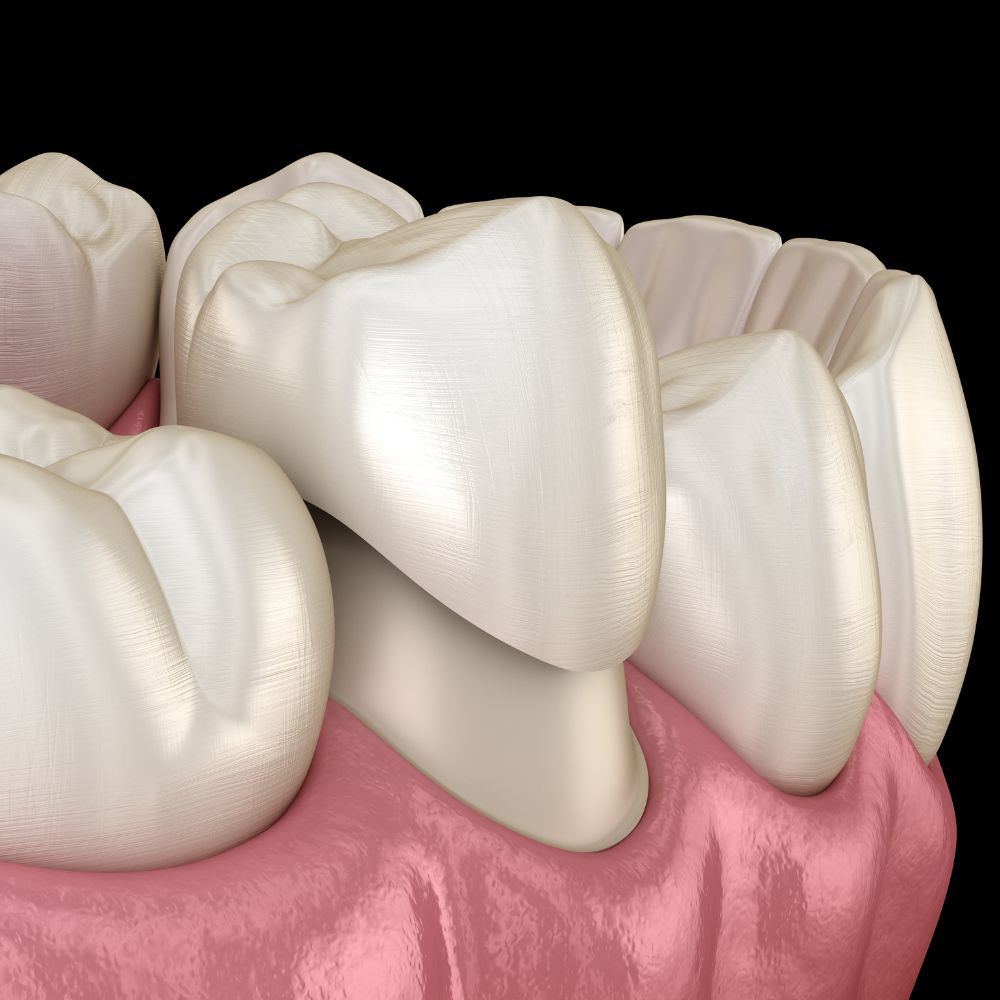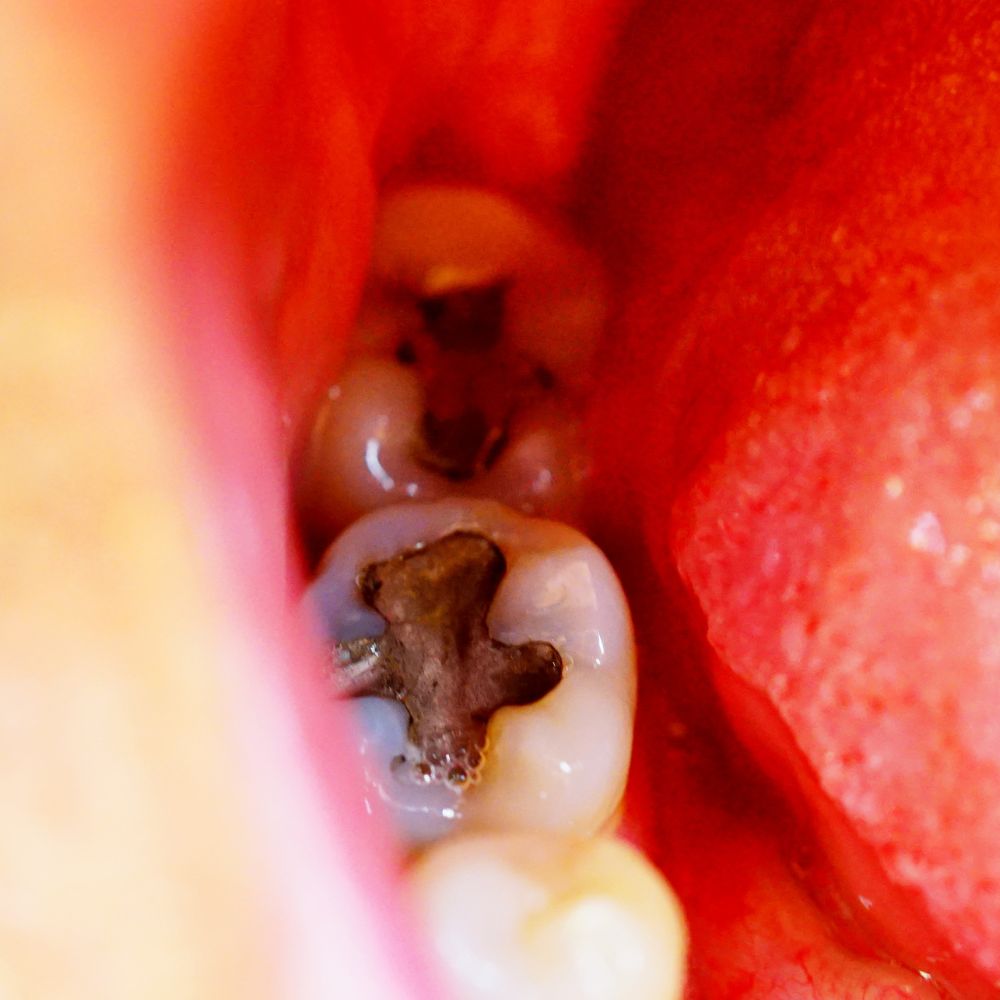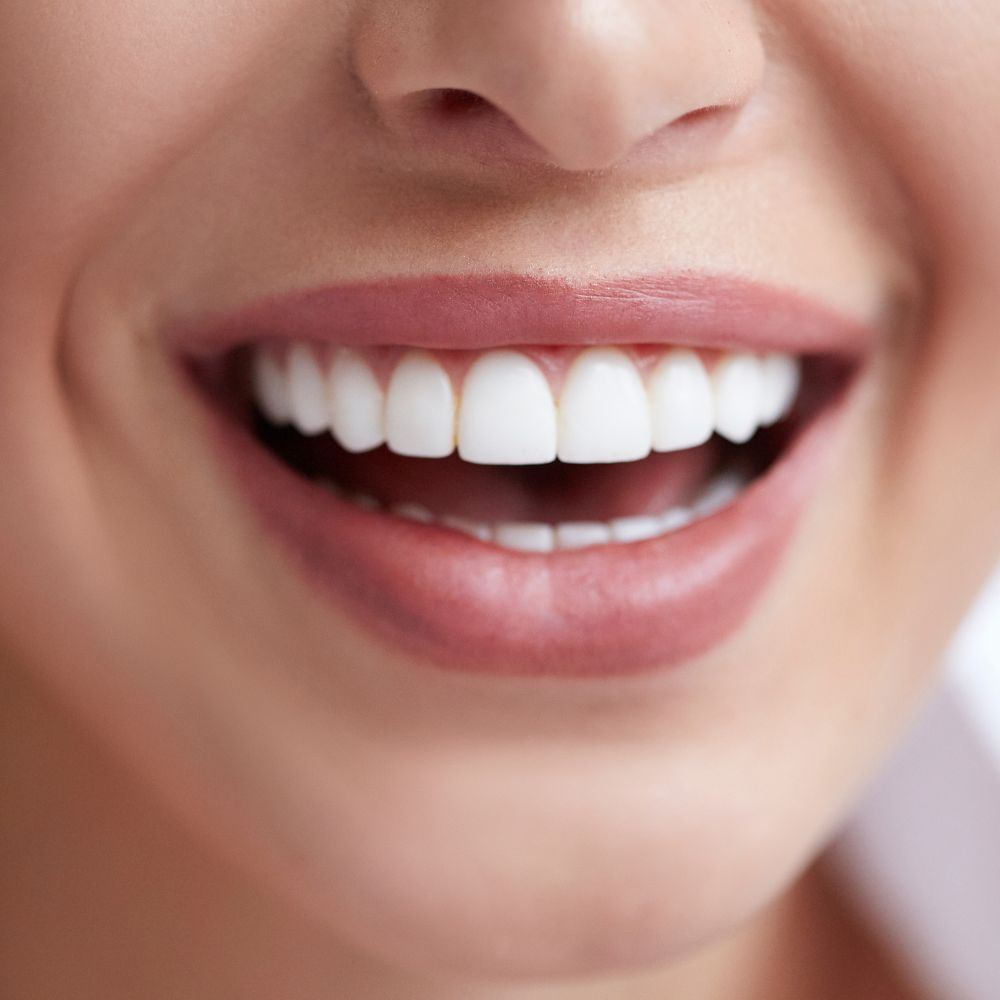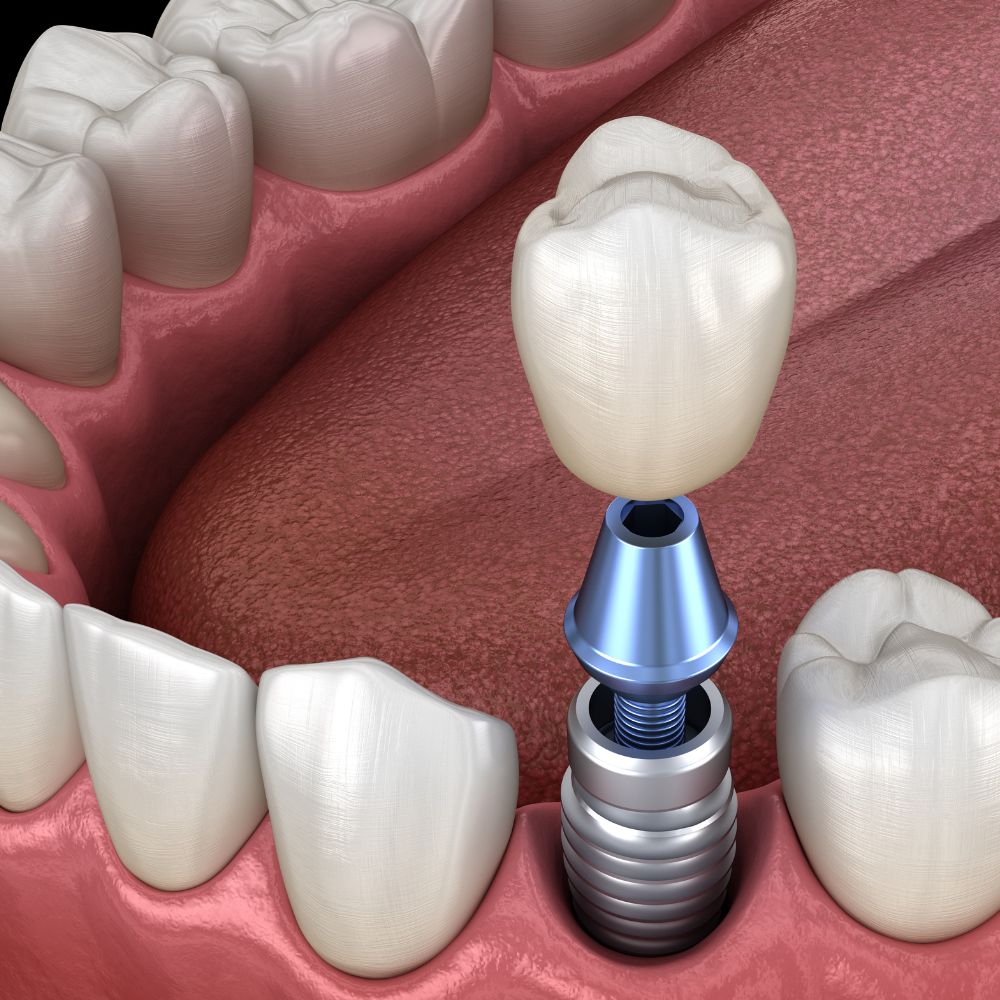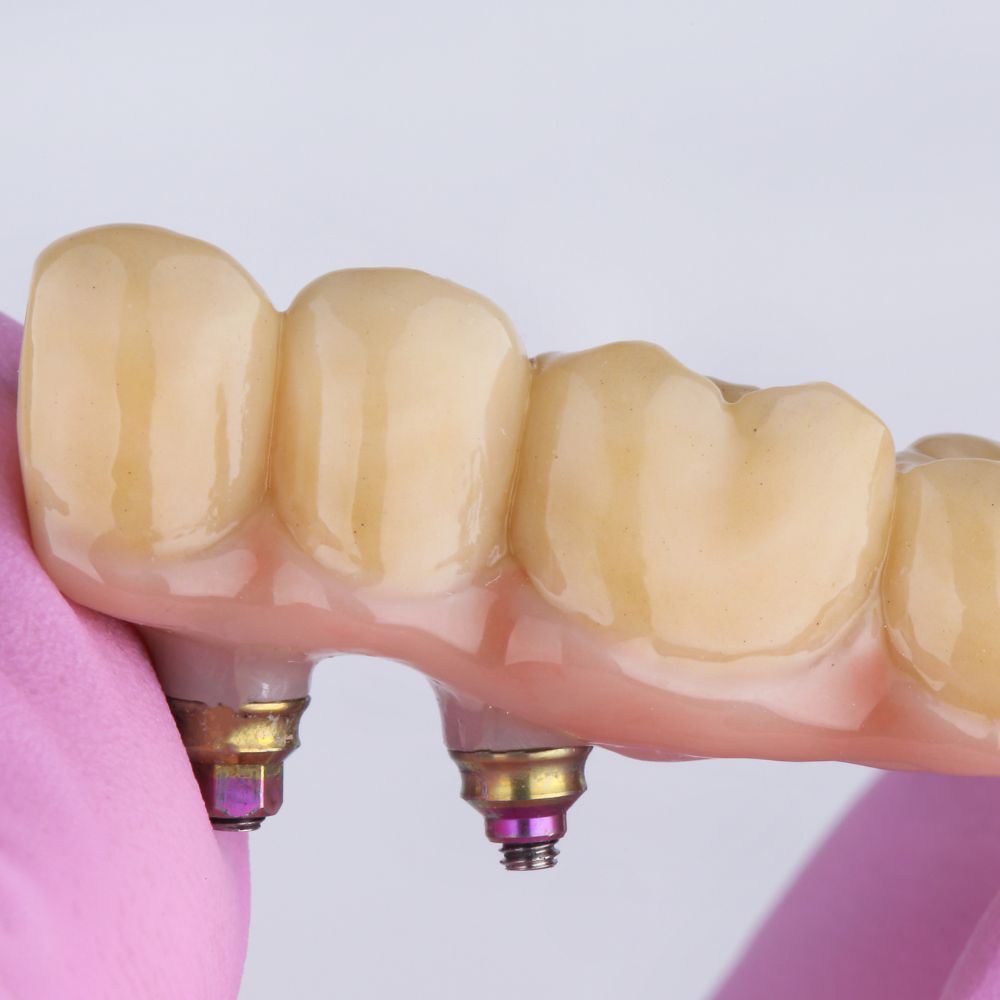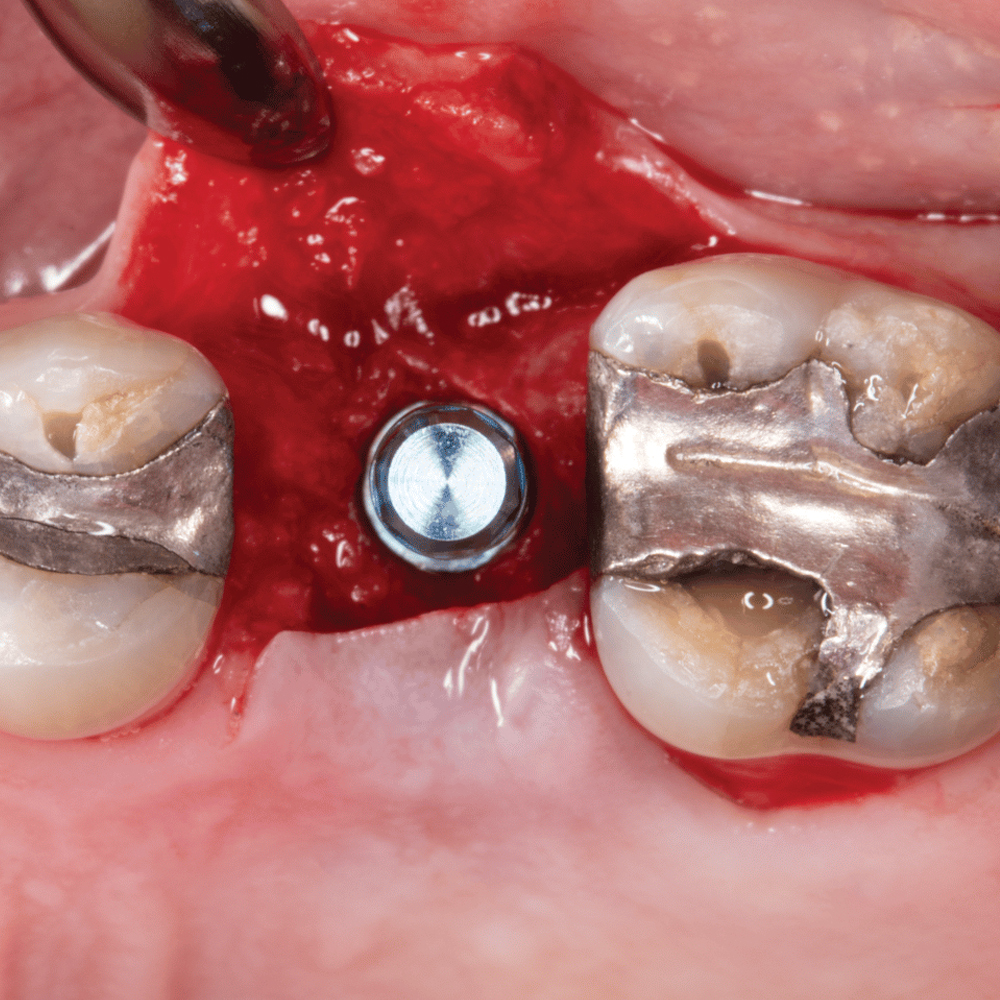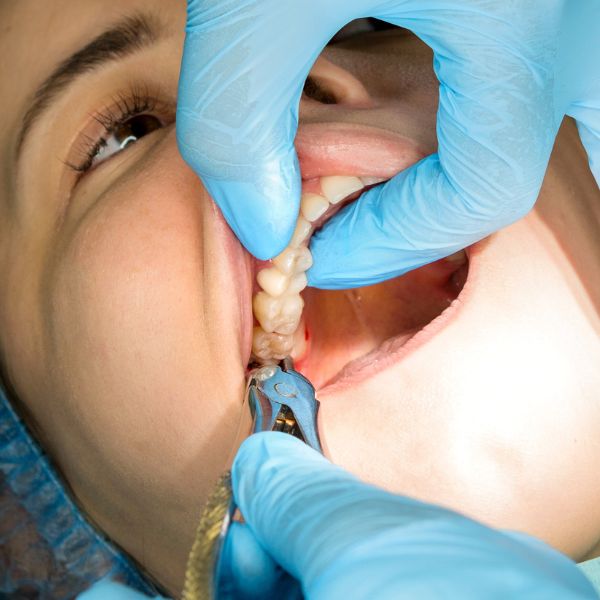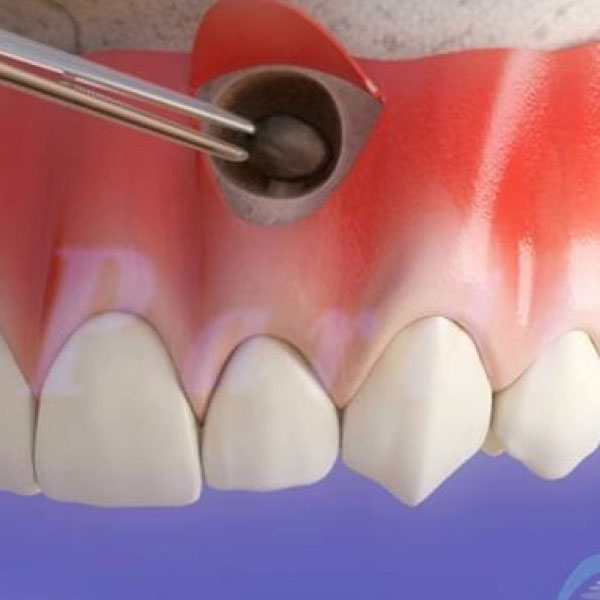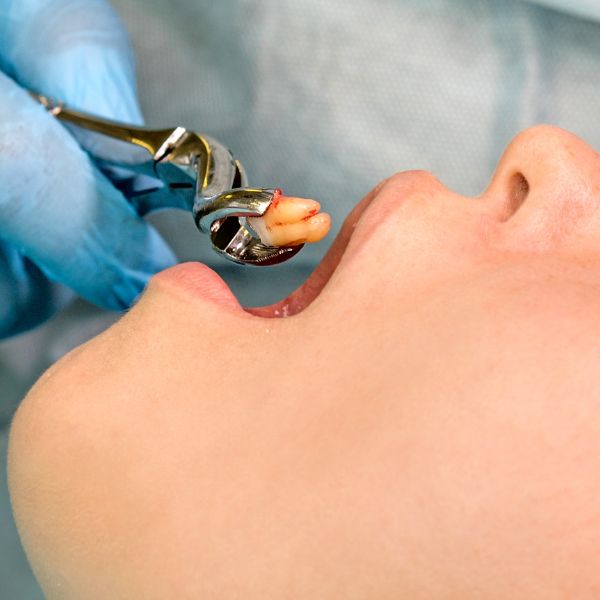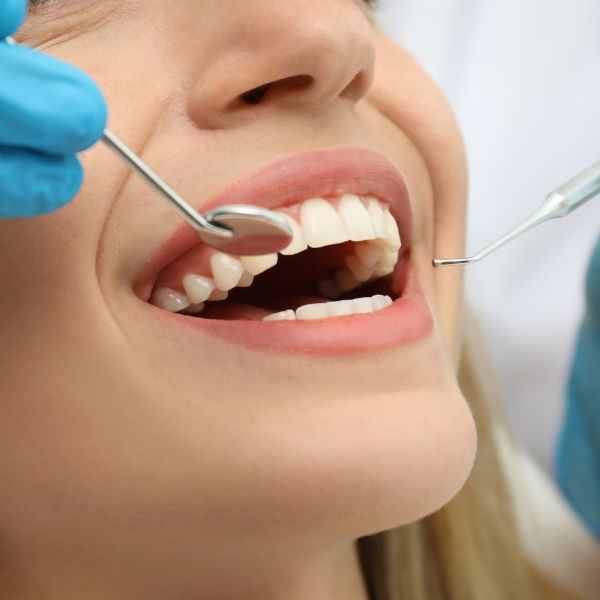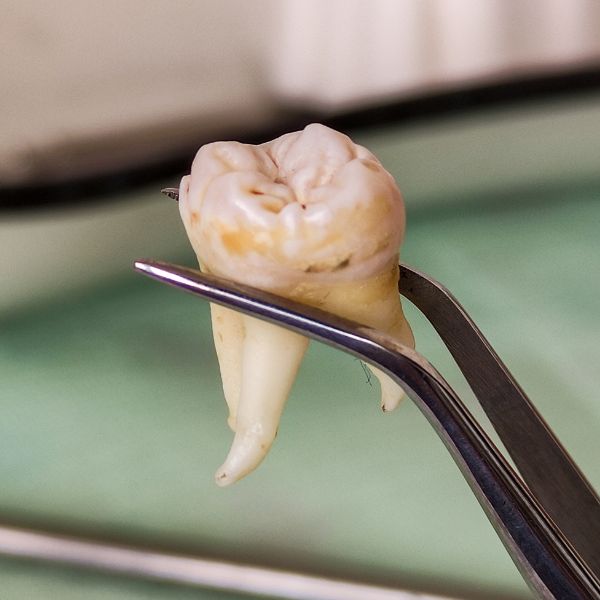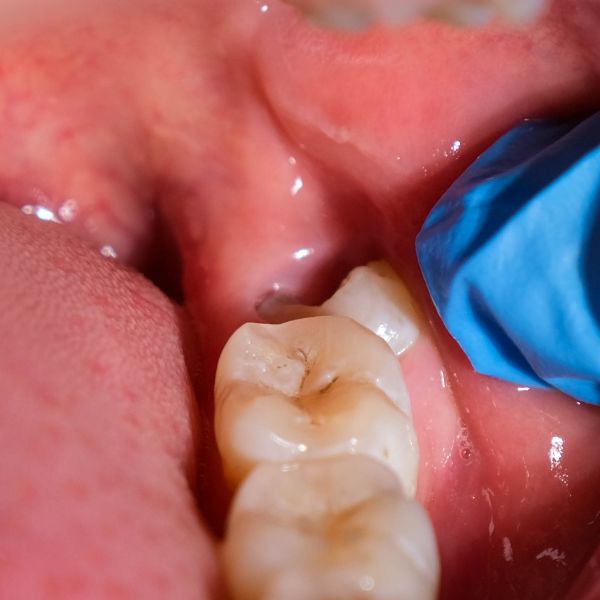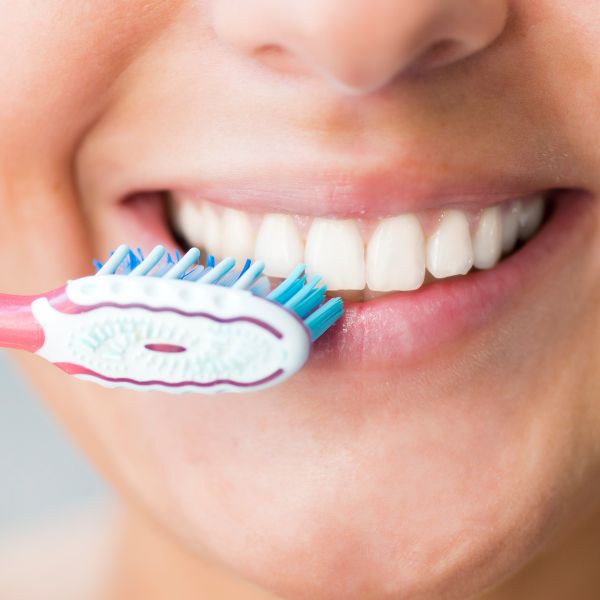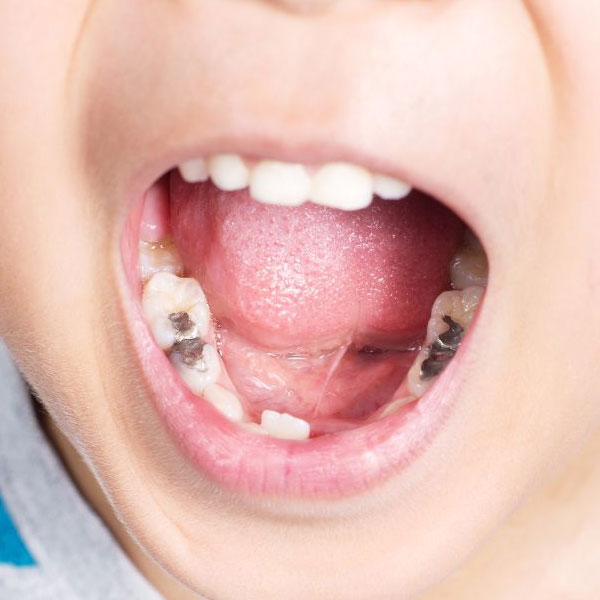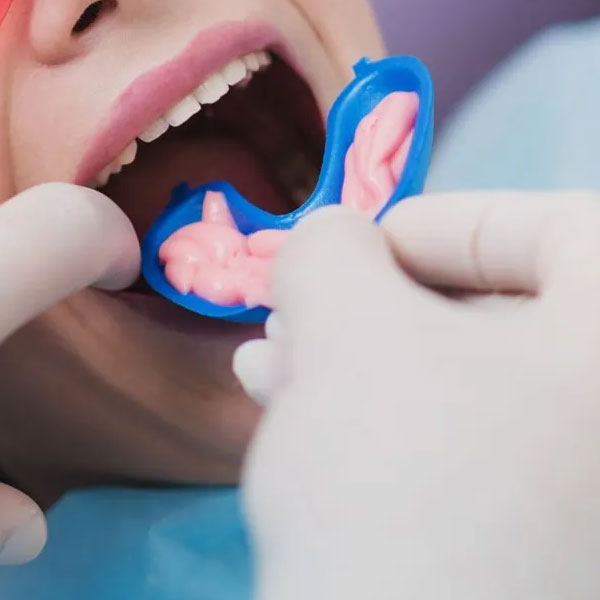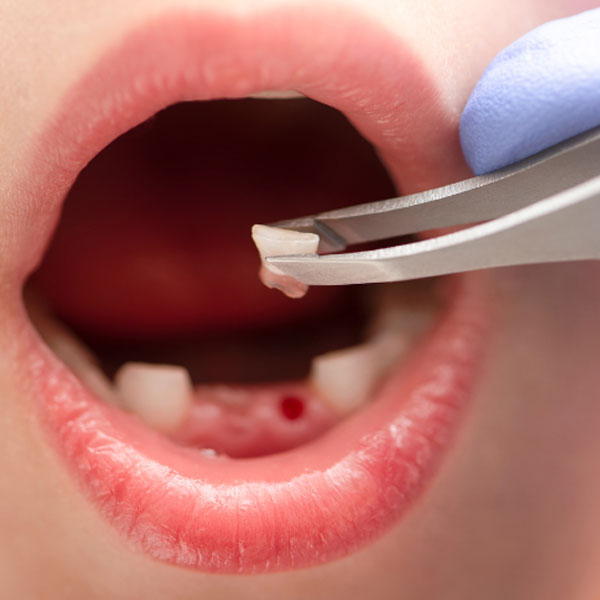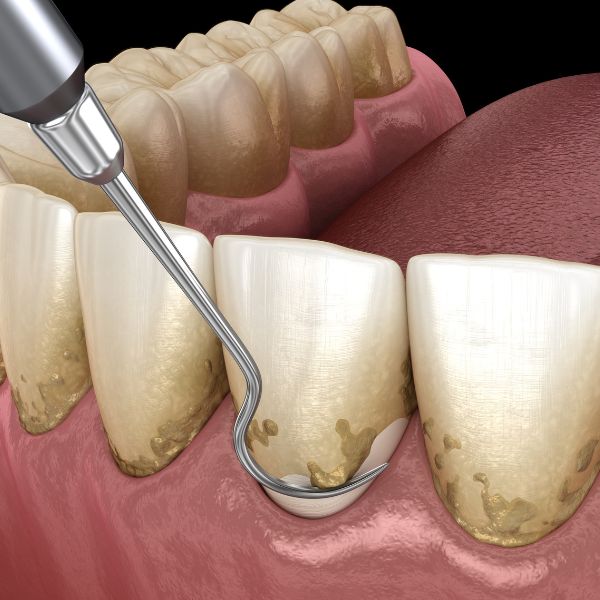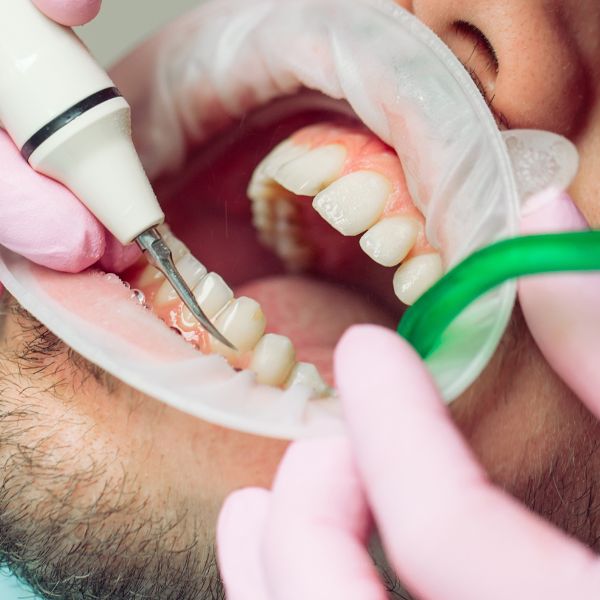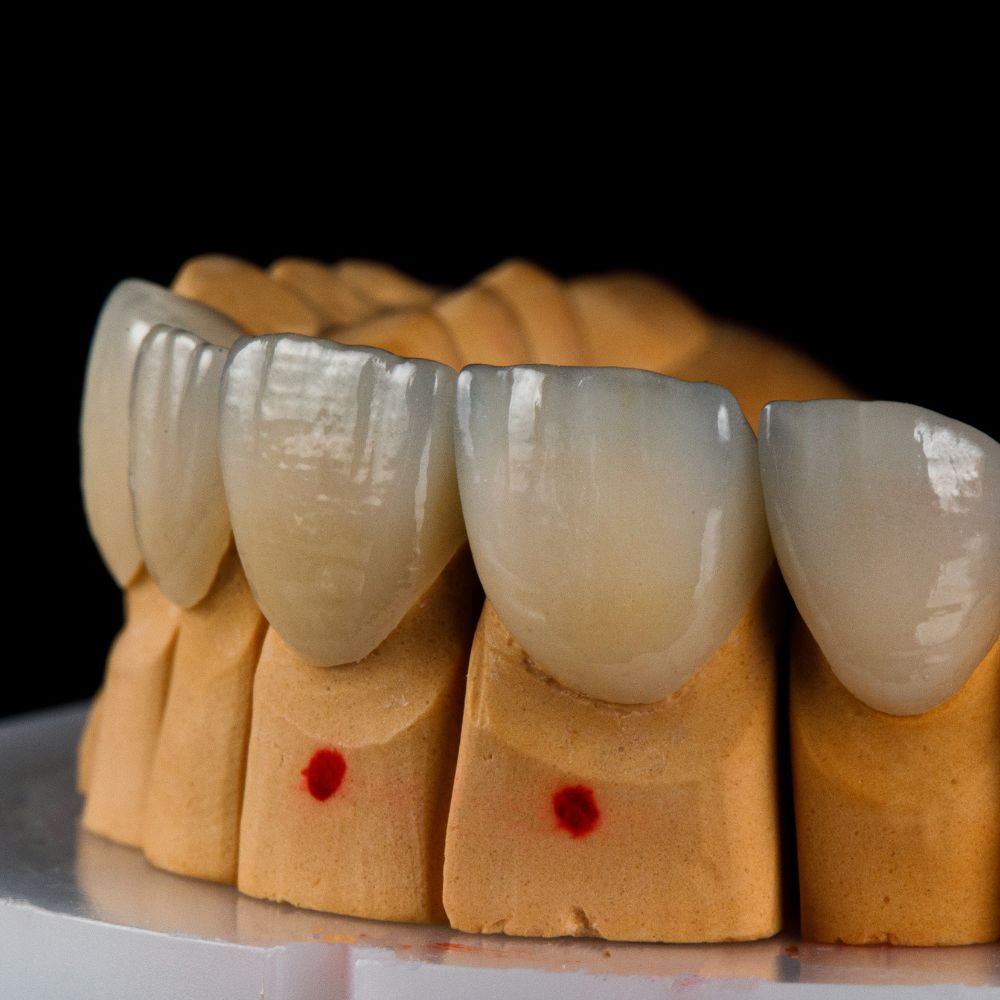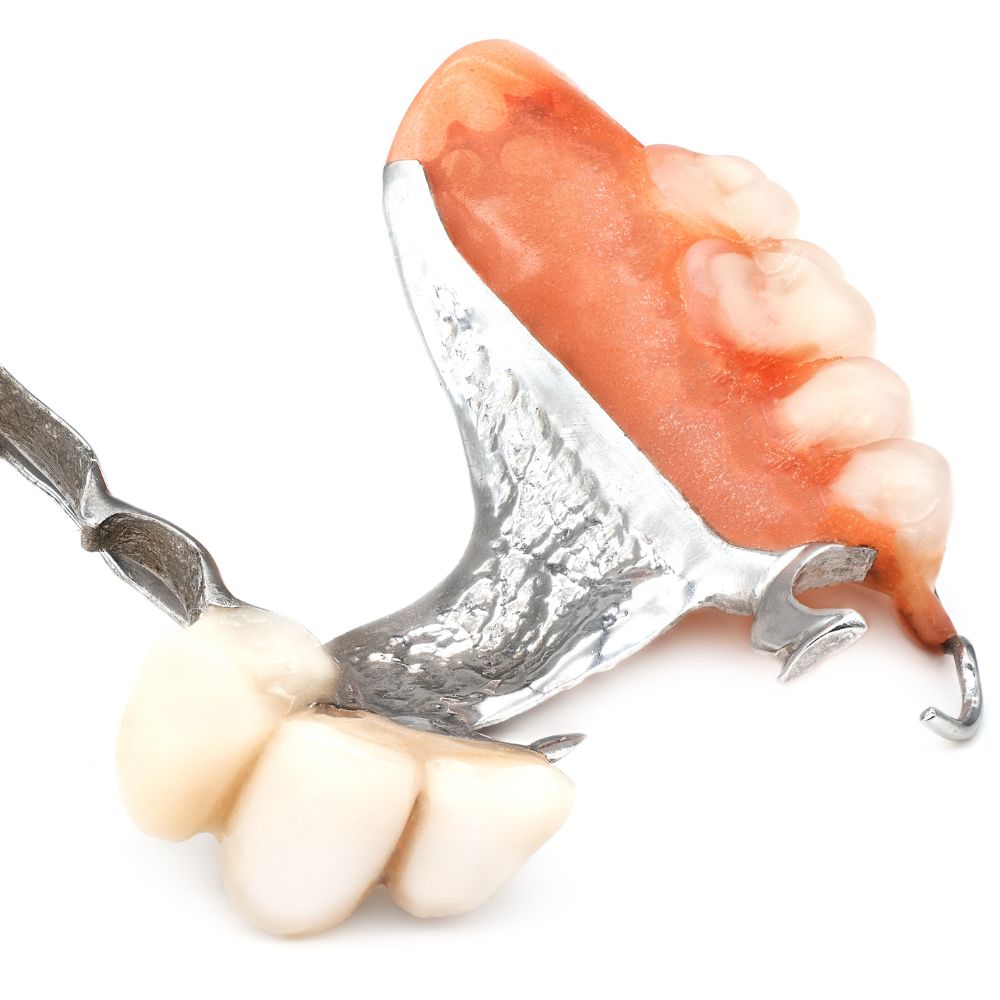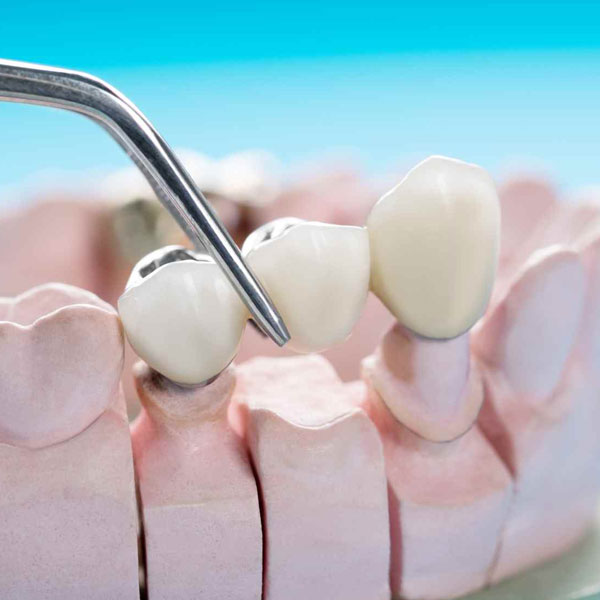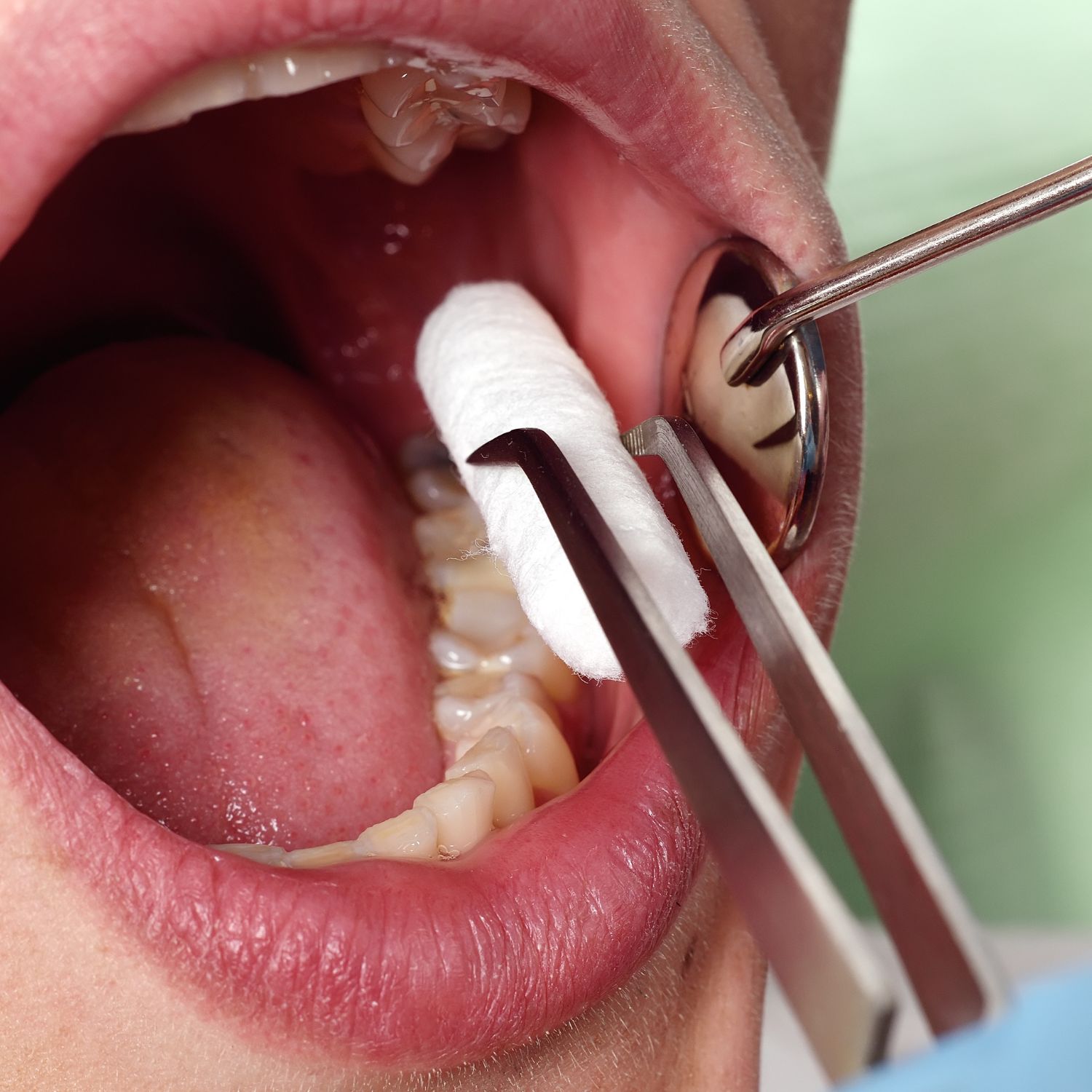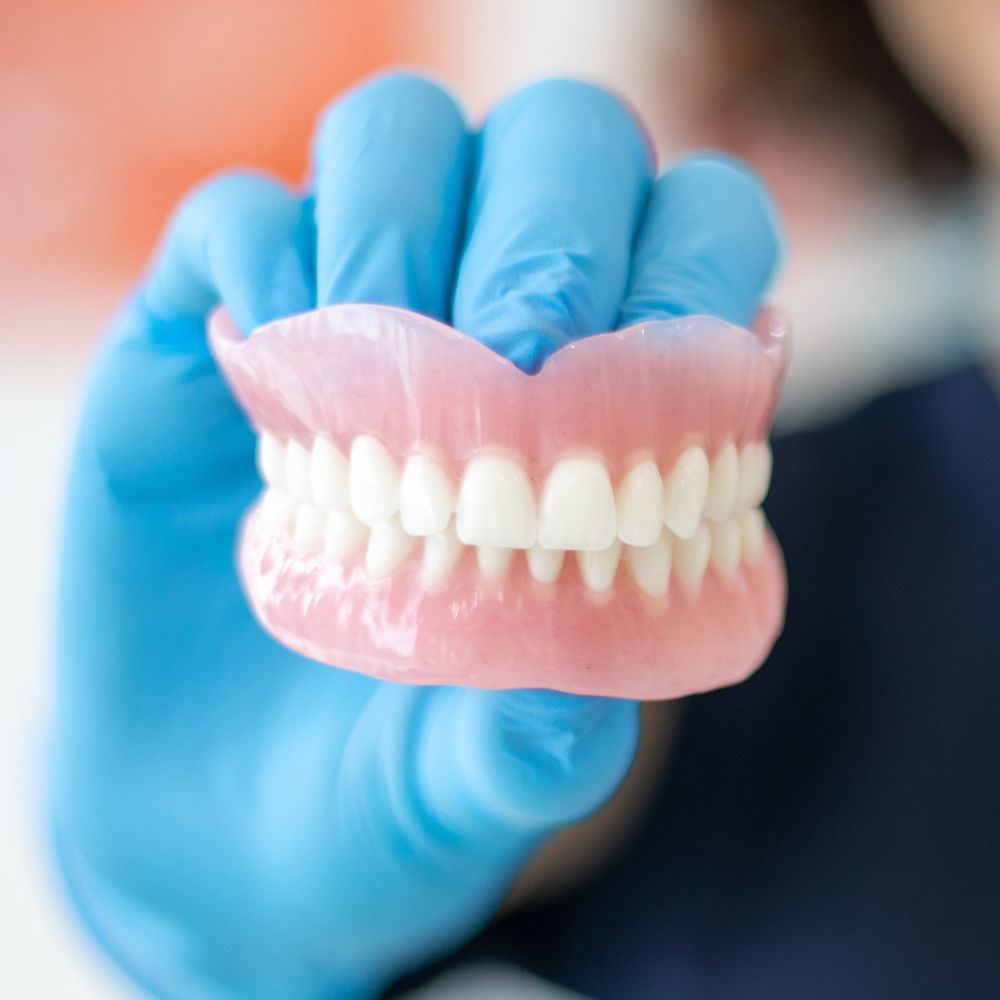Dental cleaning
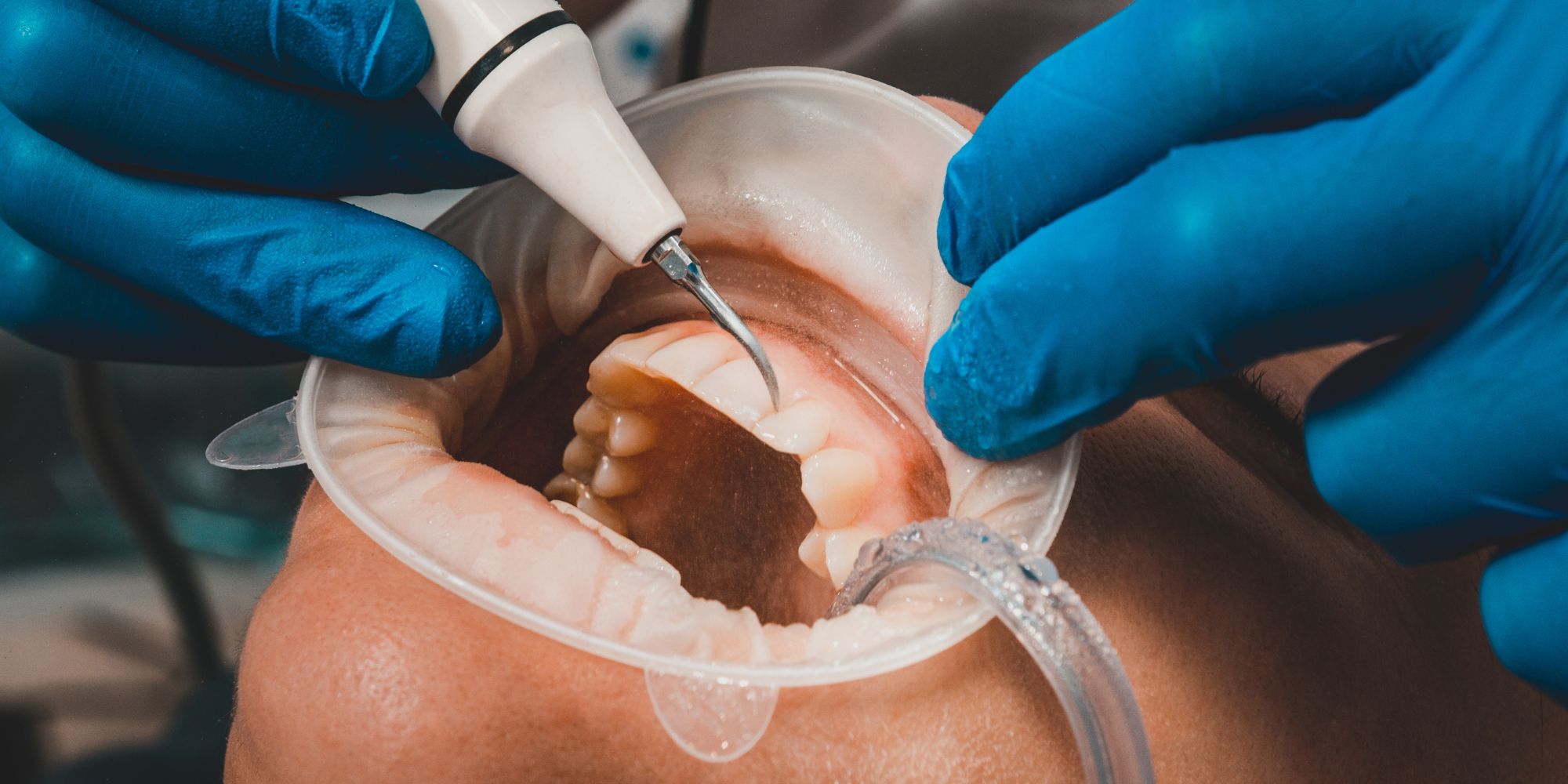
Dental cleaning
The regular dental cleaning of the teeth he plays vital role in preventing oral health problems such as tooth decay, gum disease, periodontitis and bad breath. Even with regular brushing and flossing, plaque and tartar can build up over time, leading to dental problems. Teeth cleaning, also known as Scaling, is a professional procedure performed by a dentist to remove plaque, tartar and especially from the area around the gum line.
Regular teeth cleaning also helps in the early detection of potential dental problems. During the appointment, the dentist examines the teeth and gums, looking for signs of problems. Early detection allows immediate intervention and treatment, preventing further complications and possible tooth loss.
What is teeth cleaning?
Plaque is a sticky, colorless film that continuously forms on the teeth and along the gum line. It is made up of bacteria, food particles and saliva and, if left unchecked, can lead to various oral health problems.
Plaque bacteria feed on the sugars and starches from the foods we eat, producing acids that attack and erode tooth enamel. This can eventually lead to tooth decay. In addition, the presence of plaque can cause inflammation of the gums, leading to gingivitis.
Plaque that remains on the teeth for a long time hardens and turns into tartar, which cannot be removed by regular brushing. Tartar can only be removed through a procedure called extraction, which involves the use of specialized dental tools.
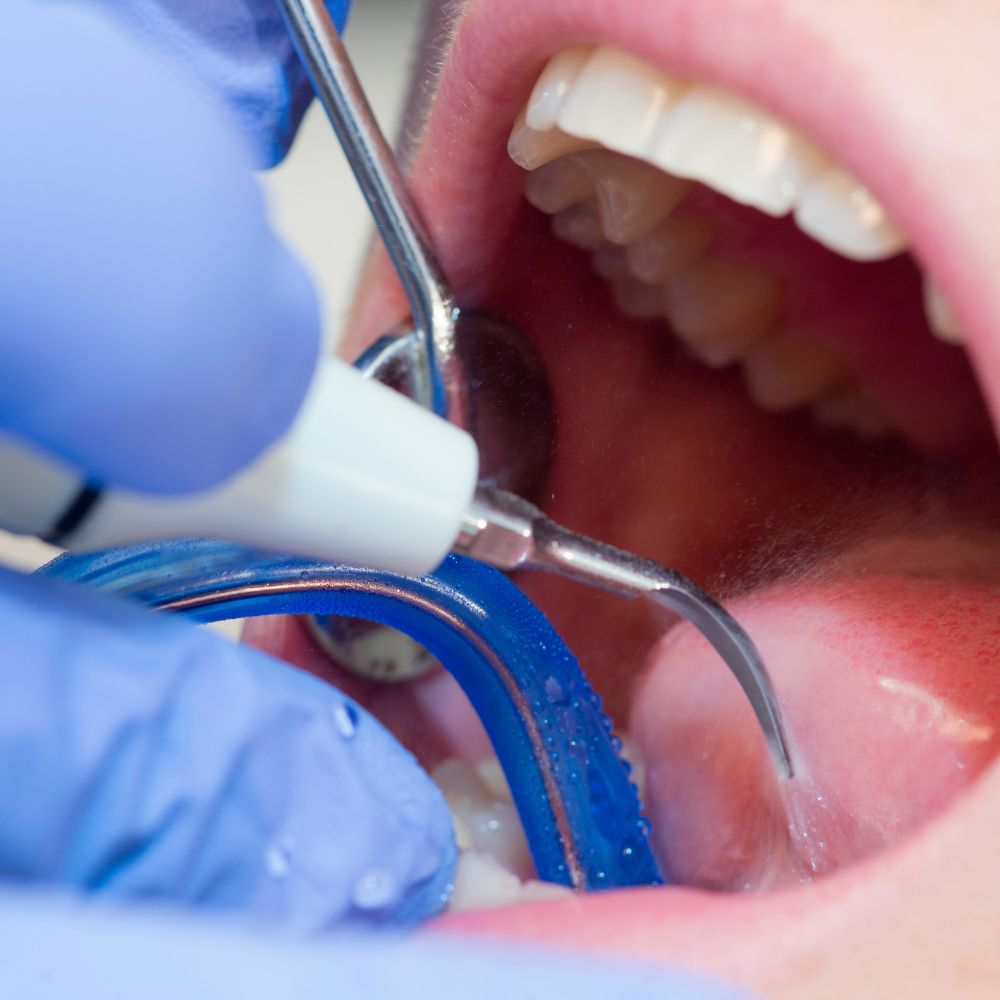
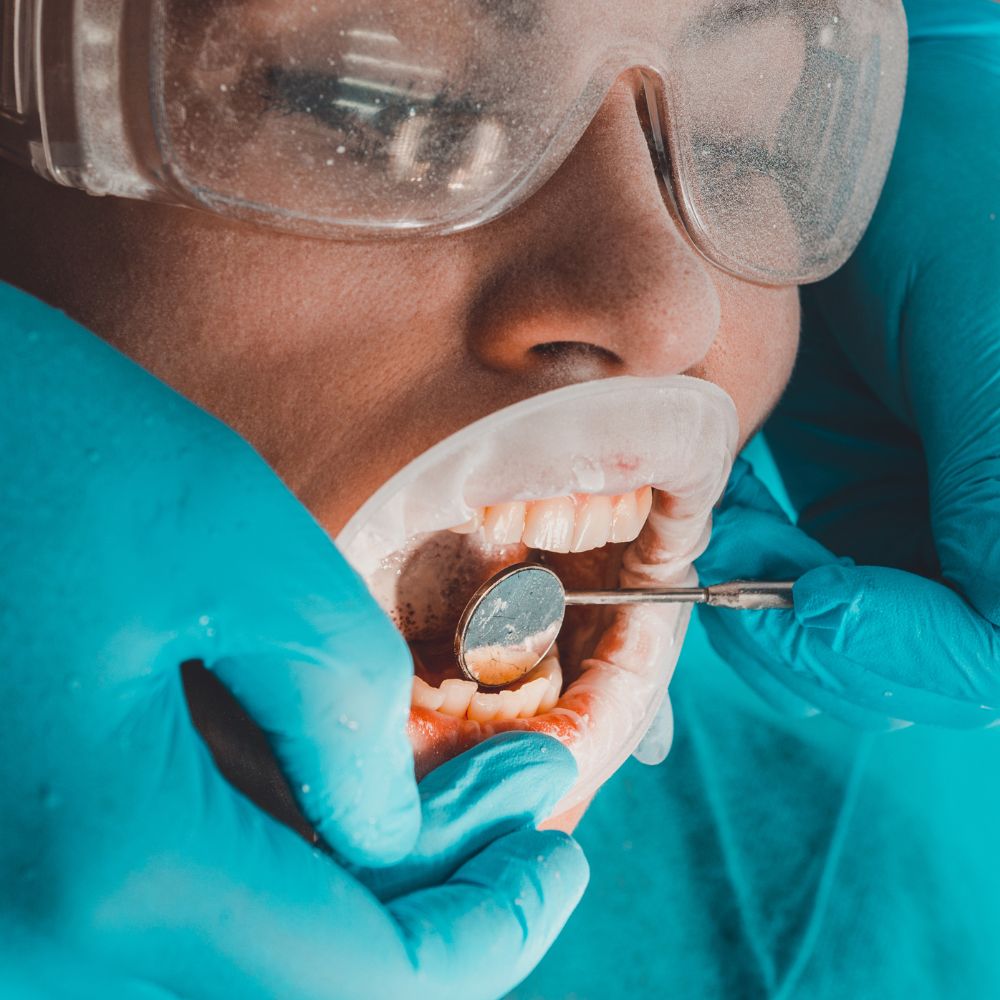
The process of cleaning teeth
The first step in dental cleaning is to check the oral health, such as the soft tissue of the oral cavity (this includes the cheek, tongue & palate) and gums, i.e. any presence of pockets and bleeding. The dentist will then use a mirror and an ultrasonic scraping tool to break up the plaque. Finally, after the stone has been removed, polishing takes place, i.e. the polishing of the teeth with a special paste, which helps to improve their appearance.
How often should teeth cleaning be scheduled?
Regular dental cleanings are an essential part of maintaining good oral health. But how often should you schedule these cleanings? The frequency of dental cleanings can vary depending on a number of factors, including your age, your overall oral health, and any special dental conditions you may have.
In general, it is recommended that you have a dental cleaning every six months. However, some people may need more frequent cleanings, while others may need less frequent cleanings. It is important to consult with your dentist to determine the ideal frequency for your own needs.
Regular dental cleanings offer a wide range of benefits for your oral health and overall well-being. Some of the key benefits include:
Benefits of teeth cleaning
- Prevention of tooth decay and gum disease
- Removal of plaque, tartar and stains for a cleaner and brighter smile
- Early detection and treatment of oral health problems
- Fresher breath and improved oral hygiene
- Long-term cost savings by preventing the need for more extensive dental treatments
Request an appointment
Teeth Cleaning FAQ
Does tooth cleaning hurt:
One of the most common concerns is whether teeth cleaning is a painful experience. In fact, it is a routine dental procedure that is necessary to maintain good oral hygiene and prevent dental problems.
However, it is understandable why some people may associate cleaning with pain. The sound of dental tools and the sensation of scraping may be unpleasant, but it is not painful.
How to prepare for a teeth cleaning?
First of all, it is important to maintain a good oral hygiene routine at home. Brush your teeth at least twice a day, floss and use mouthwash daily to keep your teeth and gums healthy. This will help reduce the amount of plaque and tartar that builds up, making the cleaning process smoother and more comfortable.
In addition, it is recommended that you schedule a regular dental cleaning every six months. By visiting the dentist regularly, you can prevent excessive plaque and tartar build-up, which can lead to more discomfort during the cleaning process. Regular dental cleanings also allow your dentist to detect any potential dental problems early, preventing further pain or discomfort in the future.
How long does a teeth cleaning take?
On average, a dental cleaning appointment can last anywhere from 30 minutes to an hour. This time frame includes the cleaning itself as well as any additional procedures that may be necessary. The actual cleaning process usually takes about 20 to 30 minutes, depending on the factors mentioned earlier.
It is important to note that the length of your dental cleaning appointment may vary depending on your specific oral health needs and your dentist's recommendations.
Why should teeth cleaning be done?
Regular dental cleanings are vital to maintaining optimal oral health. They help prevent the development of cavities, gum disease and other oral health problems. Dental cleanings remove plaque and tartar buildup, which can lead to tooth decay and gum inflammation if left untreated.
Additionally, dental cleanings allow the dentist to examine your mouth for any signs of oral health problems.
Does smoking affect oral health?
Smoking is not only a significant risk to your general health, but it also has detrimental effects on your oral health. The chemicals in cigarettes can lead to a host of oral health problems, including tooth discoloration, bad breath, gum disease, and even oral cancer. These risks are further exacerbated for smokers who neglect regular dental cleanings.
Is teeth cleaning especially important for smokers?
For smokers, dental cleanings are even more important because they can help mitigate the negative effects of smoking on oral health.
When should teeth cleaning be started?
The American Dental Association (ADA) recommends that children should have their first dental visit within six months of the eruption of their first tooth, but no later than their first birthday. Early dental visits help establish a good oral hygiene routine and allow the dentist to monitor the child's oral health from an early age.

